Dante Scala is associate professor of political science at the University of New Hampshire, and a faculty fellow at the Carsey School of Public Policy.
The battle for New Hampshire’s U. S. Senate seat has been tightly contested all year. Incumbent Republican Senator (and former state Attorney General) Kelly Ayotte, who cruised to election in President Obama’s first midterm election, faces a much sterner challenge from popular two-term Democratic Governor Maggie Hassan.
What are the three most important issues on the campaign trail in your state?
Both candidates have attempted to play to their strengths. Kelly Ayotte has touted her national security credentials, criticizing President Obama’s foreign policy record and highlighting her opponent’s inexperience in foreign affairs. And as her New Hampshire colleague, Democratic Senator Jeanne Shaheen, did in her reelection bid two years ago, she has portrayed herself as willing to work across the aisle on issues such as addressing the state’s opioid crisis. Her opponents portray her as another Washington politician beholden to wealthy special interests.
Hassan has taken credit for her state’s economic growth and low unemployment rate after the Great Recession, as well as balancing the state budget and expanding Medicaid. Republican legislators argue, however, that it was their stewardship of the budget that kept the state fiscally sound. The governor also touts her work on the opioid crisis, which has soared in prominence as a matter of concern for New Hampshire voters.
Both candidates have had to contend with the unpopular presidential nominees of their respective parties. In one interview, Hassan refused to answer directly whether she thought Hillary Clinton was honest and trustworthy. And in one week in October, Ayotte said that Trump was an appropriate role model for children, and days later renounced her support for him after a scandalous video surfaced.
Who are the key interest and demographic groups in your state that have the power to influence the outcome of the election?
If Hassan upends Ayotte on Election Day, Planned Parenthood and well-educated female voters will be key reasons for her success. Although Ayotte is sometimes mischaracterized as a New England Republican like her Maine colleague Susan Collins, her conservative position on abortion is a point of tension in socially liberal (or libertarian, depending on your point of view) New Hampshire. College-educated women already upset about Trump’s candidacy also may decide to punish Ayotte as well for her on-again, off-again support for him. In an effort to defuse the issue, Ayotte has touted her proposal to allow birth control to be sold over-the-counter.
How have outside surrogates, Super PACs, or other outside spending played a role in the race?
Both parties recognize New Hampshire’s seat as critical to control of the entire Senate. It is no surprise, then, that Super PACs with connections to Senate Minority Leader Harry Reid (Senate Majority PAC) and Majority Leader Mitch McConnell (Granite State Solutions PAC) have invested heavily in this race, according to the Concord Monitor. Combined, they have spent more than $20 million. Both of the national parties’ “Hill Committees,” the National Republican Senatorial Committee and the Democratic Senatorial Campaign Committee, also have been major players.
Last but not least, two groups advocating for stronger gun regulations—Independence USA PAC (underwritten by former New York City Mayor Michael Bloomberg) and Americans for Responsible Solutions PAC (started by former Arizona congresswoman Gabrielle Giffords)—combined have spent close to $6 million. Ayotte faced criticism in 2013 for her opposition to expanding background checks for gun purchases, in the wake of the mass shooting in Newtown, Connecticut.
National media attention to this Senate race has been substantial. What important aspects have the media overlooked that may surprise outside observers on Election Day?
Many stories have been written about Trump’s popularity among rural voters, but don’t expect that success to be duplicated here. New Hampshire’s rural counties trend Democratic, thanks to their recreation- and amenity-based economies, which attract out-of-state retirees to resettle here.
Ironically, Ayotte likely will have her greatest success in suburban and exurban areas close to the border of the Democratic stronghold of Massachusetts. Much of the state’s Republican base resides in the state’s southern tier.
How has the Presidential race influenced the Senate race in your state?
Besides the contortions Ayotte has undergone to try to find the appropriate distance from the GOP standard-bearer, the incumbent is also hampered by the unusual structure of Trump’s campaign operations. As the Boston Globe reported, Trump’s campaign is not running its own field operation, instead opting to have the Republican National Committee take these duties. The RNC does have 10 offices and 50 staffers working in New Hampshire, but unity among the various Republican candidates is scarce.
In contrast, Clinton and the Democrats have brought far more resources to the fight: 27 offices, and more than 100 staffers in the field. And unlike the Republicans, unity at the top of the Democratic ticket is on prominent display. With two weeks to go before Election Day, Clinton staged a rally with Massachusetts Senator Elizabeth Warren, touting Hassan and criticizing Ayotte. If the race comes down to the “ground game,” the benefit of the doubt should be given to Hassan and the Democrats.
Even more importantly at this point, however, Ayotte faces the daunting math of the top of the ticket, where Trump trails Clinton by several percentage points. To her credit, Ayotte has proven resilient in a difficult political environment, consistently running significantly ahead of Trump in polls. But there is only so far she can run ahead of the top of the ticket, and a potentially grave concern is whether voter enthusiasm among her base will be eclipsed by the eagerness of Democrats to turn the entire state blue.
The Brookings Institution is committed to quality, independence, and impact.
We are supported by a diverse array of funders. In line with our values and policies, each Brookings publication represents the sole views of its author(s).

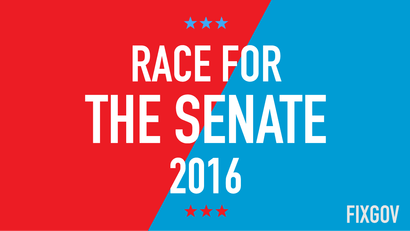
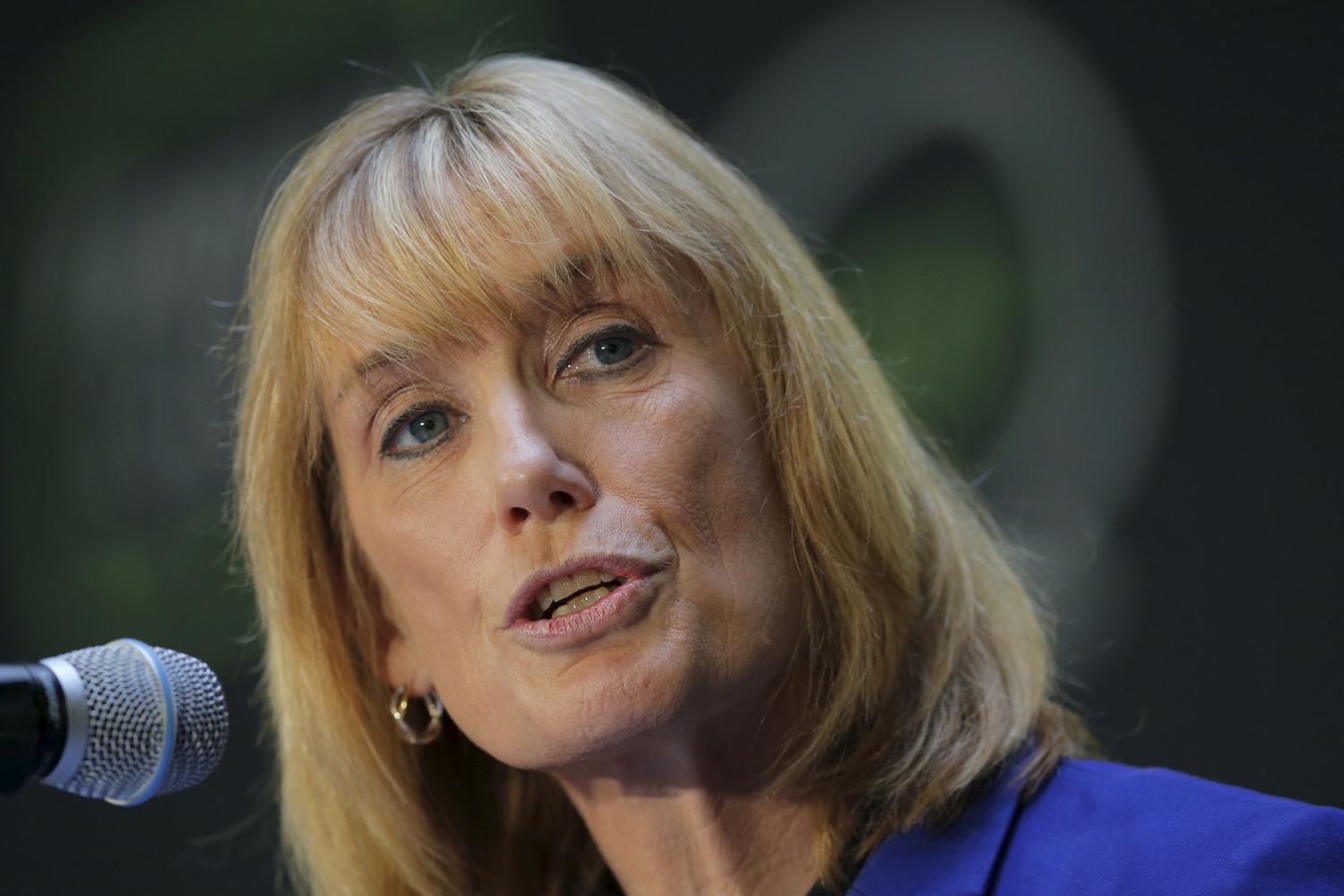
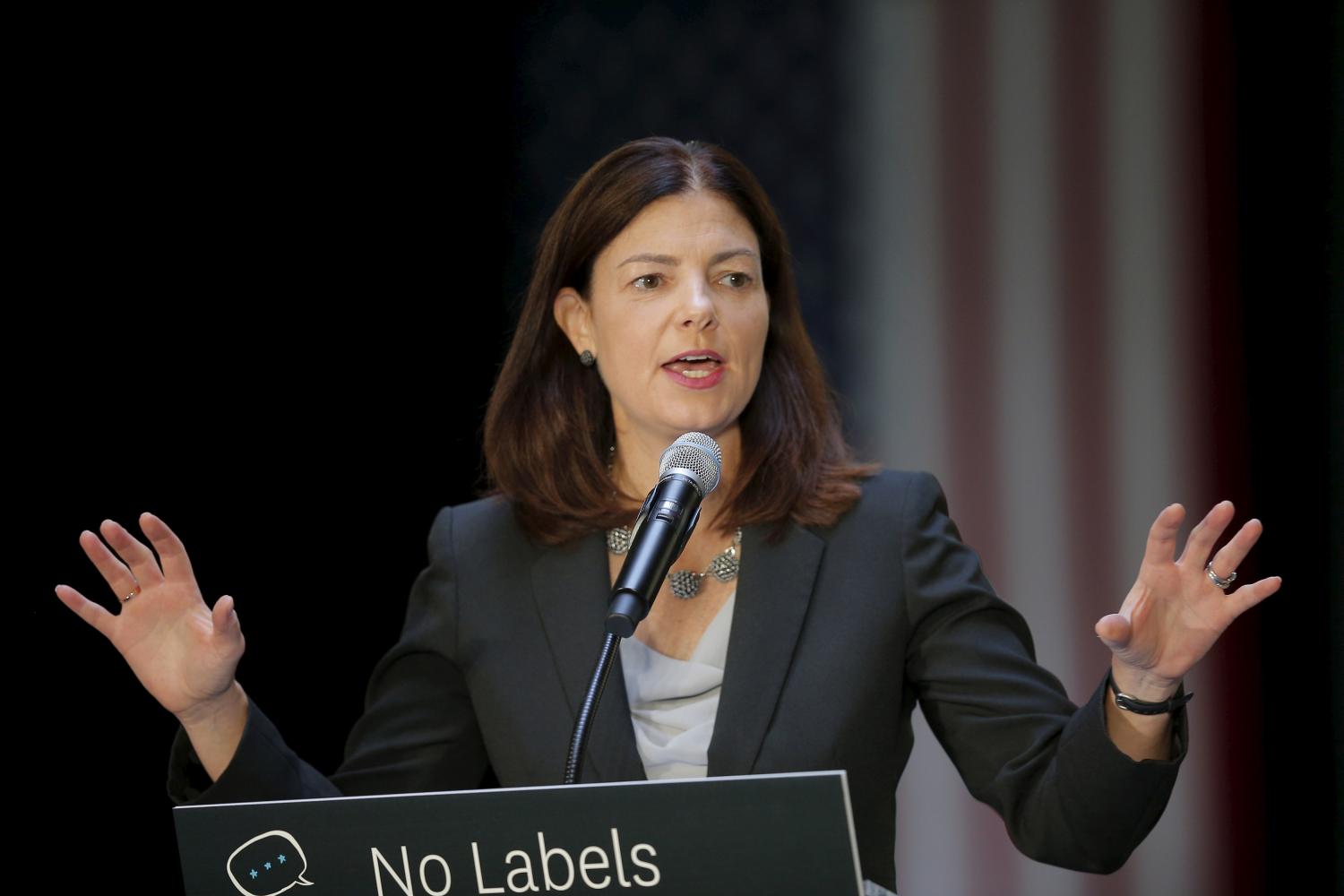
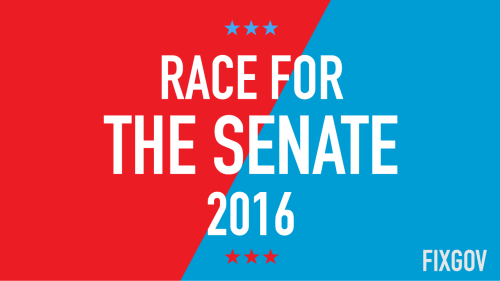
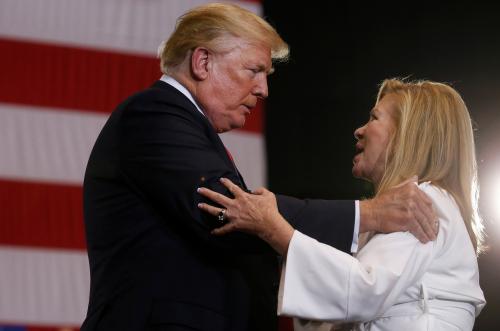






Commentary
Race for the Senate 2016: Key issues in New Hampshire
November 2, 2016